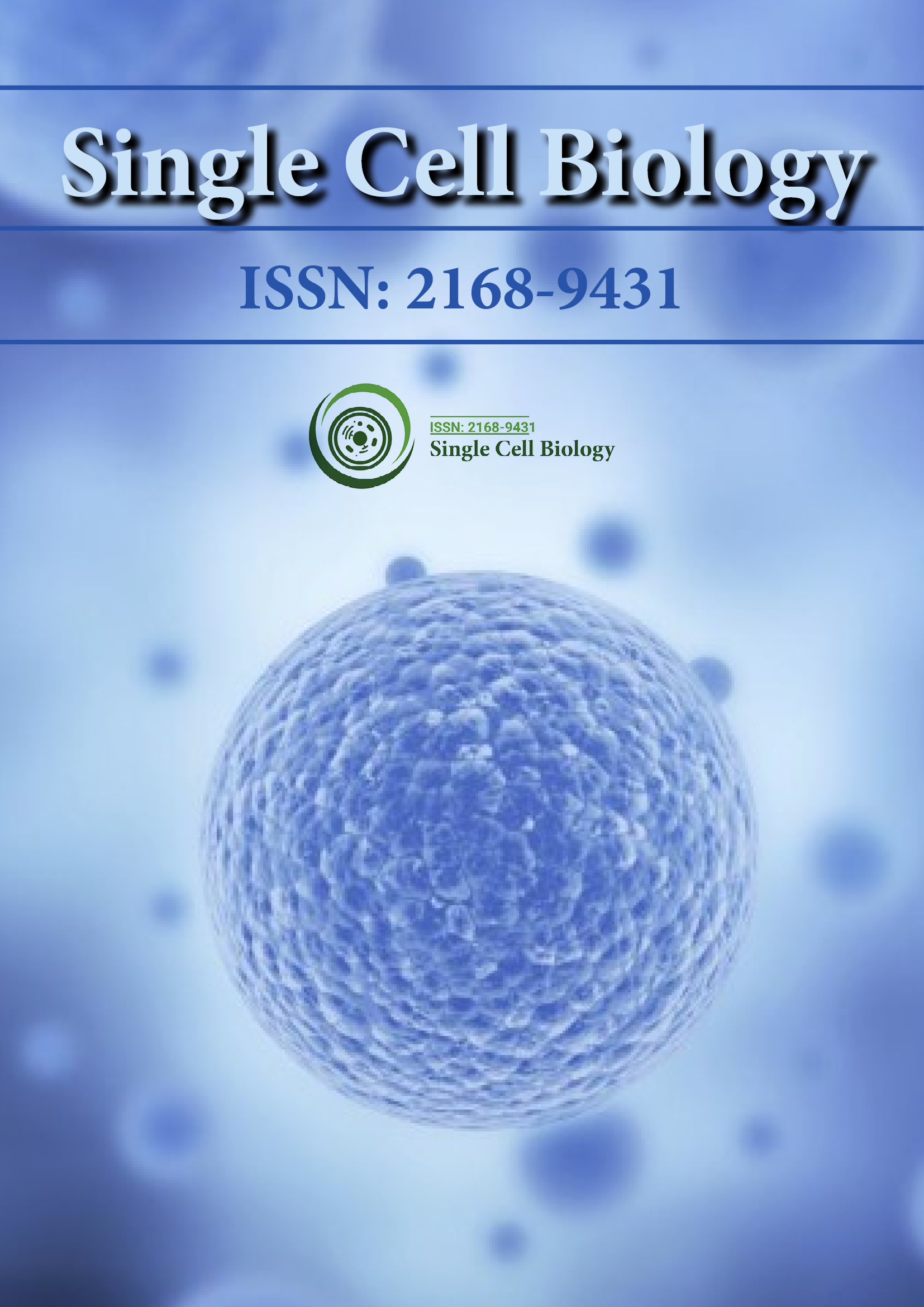インデックス付き
- 研究聖書
- サイテファクター
- レフシーク
- ハムダード大学
- エブスコ アリゾナ州
- パブロン
- ジュネーブ医学教育研究財団
- ユーロパブ
- Google スカラー
このページをシェアする
ジャーナルチラシ

概要
Brevibacillus lateosporus のタンパク質エリシター PeBL1 がキュウリの Myzus persicae に対する耐性を強化
カディジャ・ジャヴェド
Brevibacillus lateosporusのタンパク質エリシター PeBL1 がキュウリのMyzus persicaeに対する耐性を強化
カディジャ・ジャヴェド
教授
中国農業科学院大学院、
抽象的な:
キュウリの主要害虫であるムカデアブラムシMyzus persicae は、通常、化学農薬を使用して管理されます。本研究では、細菌性昆虫病原体Brevibacillus laterosporusのタンパク質誘発因子 (PeBL1) がキュウリでM. persicaeに対する防御反応を誘発する可能性について検討しました。第 2 および第 3 世代のM. persicae は、陽性および陰性対照の水および 70.58 μg mL −1 (50 mM Tris-HCl、pH 8.0)の処理と比較して、PeBL1 処理で減少した固有増加率を示しました。M . persicae は、宿主選択アッセイで、キュウリの PeBL1 処理苗と比較して、抑制対照を好みました。アブラムシの幼虫の発育時間は、PeBL1 処理によって延長されました。同様に、繁殖力は低下し、処理サンプルでは対照と比較して子孫が少なくなりました。さらに、ワックスと毛状突起の形成により、 PeBL1 処理したキュウリの葉の成長と表面構造が強化され、M. persicaeに致死的な影響を及ぼしました。 PeBL1 処理したキュウリの苗には、ジャスモン酸 (JA)、サリチル酸 (SA)、エチレン (ET) が著しく蓄積しました。本研究の結果は、M. persicaeの定着を克服し、繁殖を減らすために、 PeBL1 がキュウリの葉の構造を有意に変更したことを示しました。 JA、SA、ET 経路の活性化には防御プロセスが含まれていました。本研究の結果は、M. persicaeからキュウリを保護するために PeBL1 を使用するという新たな証拠を提供します。
キーワード: PeBL1、Myzus persicae、アブラムシ抵抗性、防御経路